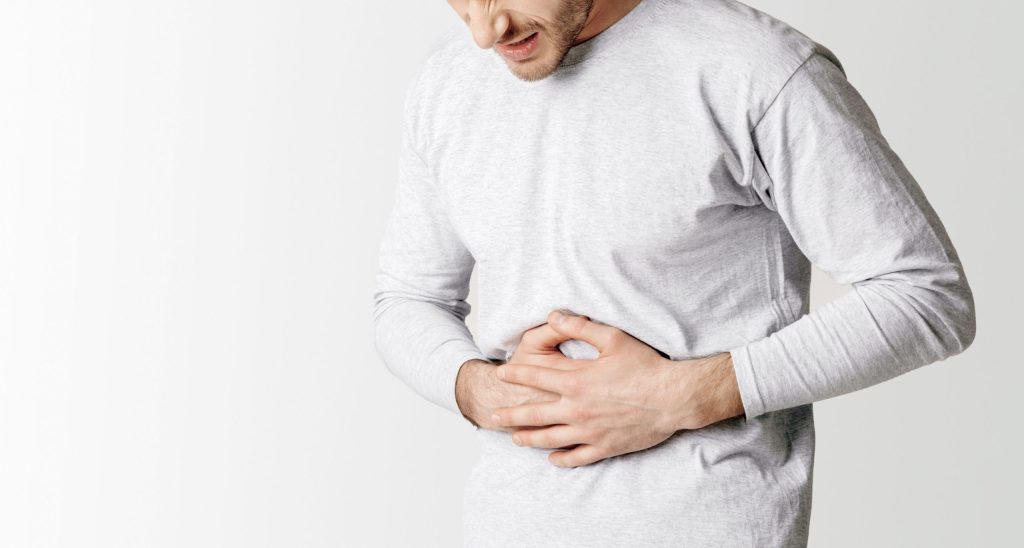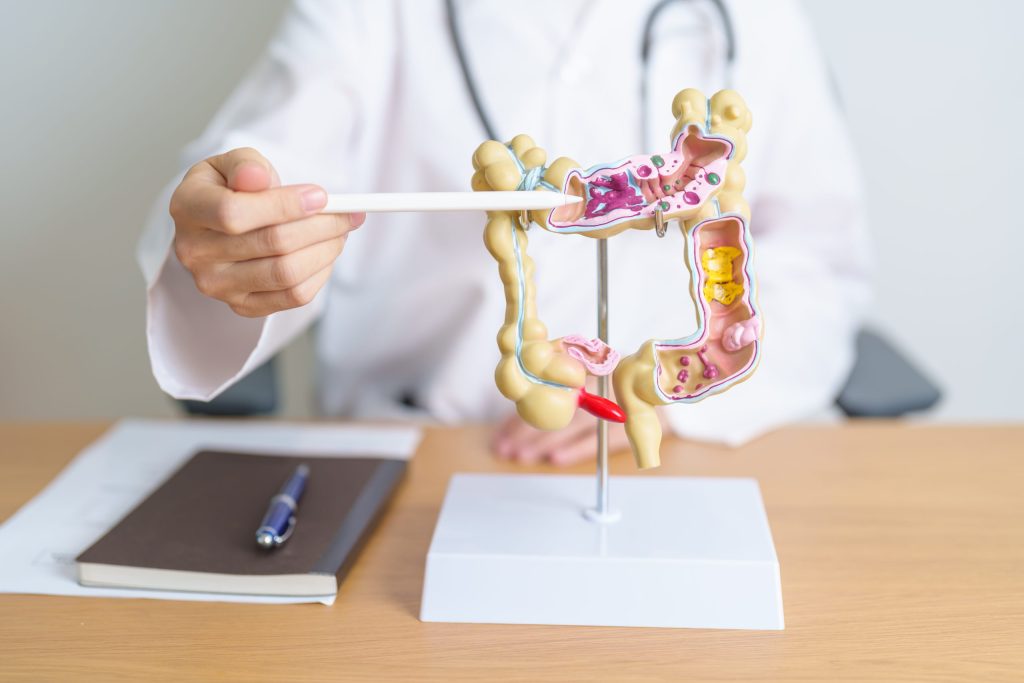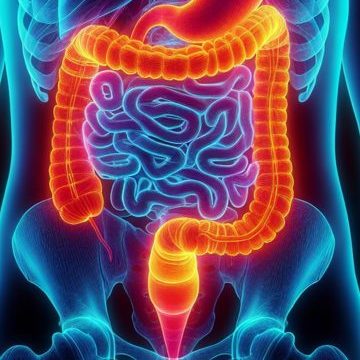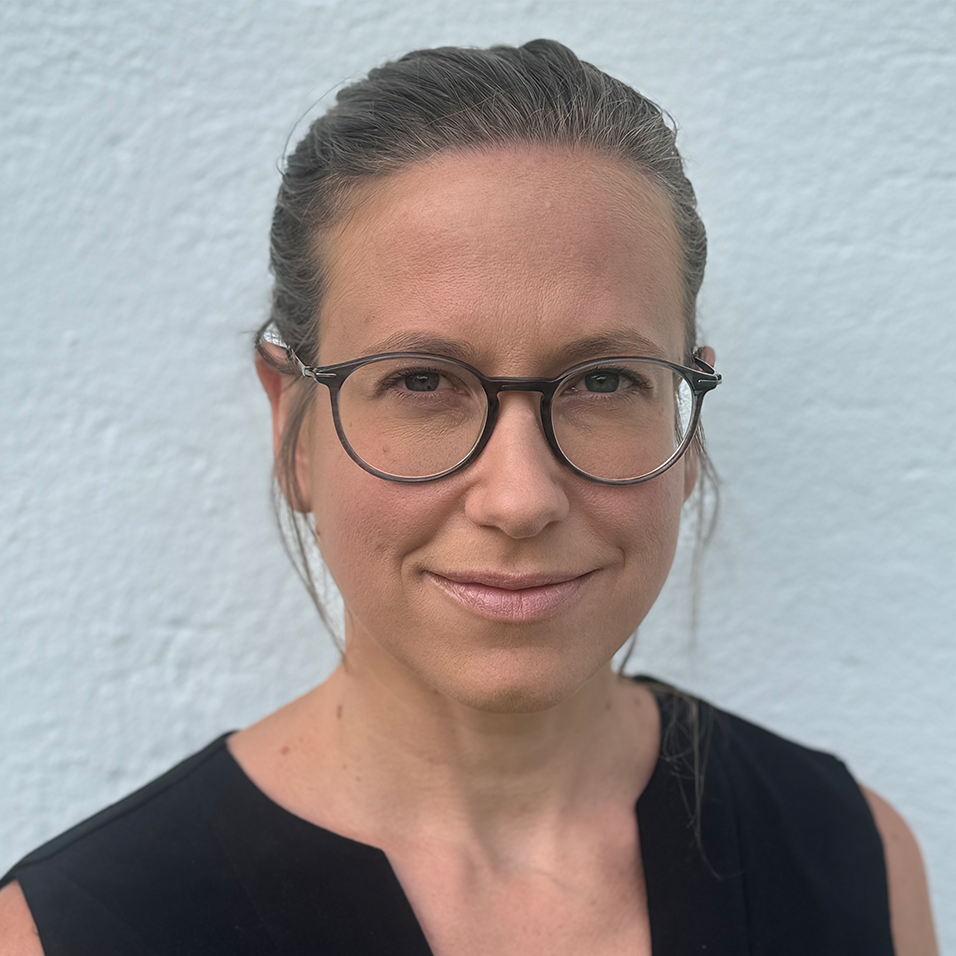Colonoscopy: Everything You Need to Know
The topic does not evoke feelings of well-being – yet it is so important: colonoscopy. Many put it off for a long time, out of uncertainty or ignorance. A colonoscopy can save lives even before symptoms appear.
At our practice in Vienna, we take our time, accompany you every step of the way and ensure that you feel well cared for. What exactly happens, when an endoscopy makes sense and what you should pay attention to – we have summarised all of this for you here.
What is a colonoscopy?
A colonoscopy is an endoscopic procedure in which the rectum, the entire large intestine (colon) and the last part of the small intestine (terminal ileum) are examined. An endoscope, or colonoscope, is a flexible rubber tube or metal pipe with a light source, lenses and a camera. During the examination, tissue samples may also be taken and polyps removed.
Colonoscopies are among the most frequently performed examinations in gastroenterology and are therefore routine procedures.
In addition to colonoscopy, there is also sigmoidoscopy or rectoscopy (examination of the rectum) and gastroscopy (examination of the stomach). This procedure involves a more detailed examination of the digestive tract (oesophagus, stomach and duodenum).
When do you need a colonocopy?
Colonoscopy is a key tool in the diagnosis of intestinal diseases. It enables the early detection and treatment of a wide variety of complaints:
Diverticulosis / Diverticulitis
- Diverticulosis refers to the presence of small protrusions (diverticula) on the intestinal wall, usually in the large intestine. These diverticula do not initially cause any symptoms and are often discovered by chance.
- Diverticulitis is the inflammation of these diverticula. It can occur when stool residue or bacteria accumulate in a diverticulum, leading to infection and inflammation.
The main purpose of a colonoscopy is to examine for possible diverticula, polyps or narrowings so that these can be surgically removed if necessary, and also to rule out other diseases (bowel cancer, Crohn’s disease, etc.).
Chronic inflammatory bowel disease
Diseases such as Crohn’s disease and ulcerative colitis are classified as chronic inflammatory bowel diseases (IBD) and affect between 60,000 and 80,000 people in Austria. The symptoms of these two diseases include chronic diarrhoea, abdominal pain, weight loss, fatigue and exhaustion. For differentiation:
- Crohn's disease: inflammation of the entire digestive tract and pain in the upper right abdomen.
- Ulcerative colitis: Limited to the large intestine and rectum, with pain in the upper left abdomen
Colon cancer prevention
Colorectal cancer screening is recommended for men aged 45 and over and for women aged 50 and over. If colorectal cancer has already occurred in your family, screening should ideally start earlier.
According to statistics, colorectal cancer is the third most common cancer in men and even the second most common cancer in women in Austria. Every year, approximately 2,500 men and 1,900 women in Austria are confronted with the diagnosis of colorectal cancer, and around 3,000 people succumb to it annually.
Preventive colonoscopy offers the opportunity to detect polyps (adenomas) at an early stage, which can subsequently lead to bowel cancer. These are removed immediately during the same examination (polypectomy). This actively prevents the development of bowel cancer!
Alongside other examinations, colonoscopy is an important procedure for diagnosing inflammatory bowel disease. In particular, the intestinal mucosa is closely monitored. Similarly, narrowings and fistulas are removed directly and tissue samples are taken for closer examination.

What types of colonoscopy are there?
- Conventional colonoscopy: this method examines the entire large intestine.
- Rectoscopy: Examination of the rectum to detect haemorrhoids, tumours and bleeding.
- Sigmoidoscopy (colonoscopy of the left side): This involves examining the rectum and the last part of the large intestine (sigmoid colon). Performed primarily in cases of blood in the stool and suspected ulcerative colitis.
- Virtual colonoscopy: For this procedure, the bowel is inflated with air and imaged using computed tomography (CT). Virtual colonoscopy has several disadvantages:
- No tissue sampling possible: It is not possible to remove polyps or take samples (biopsies). If something suspicious is found, a conventional colonoscopy must still be performed.
- Radiation exposure: A CT (computed tomography) scan is performed – radiation exposure that is approximately 60 times higher than that of a normal X-ray.
- Overlooking minor changes: Small polyps (<6 mm) or flat changes are sometimes overlooked.
- Colon cleansing still necessary: The colon must be cleansed in the same way as for a normal colonoscopy (laxative).
What happens during a colonoscopy?
Before the examination
A preliminary consultation lasting approximately 15 minutes is necessary before a colonoscopy. This should take place either in person or by telephone approximately one week before the examination date. The consultation serves to clarify the risk factors and provide information about the procedure. You will also receive a prescription and detailed information on colon cleansing.
You should avoid eating foods high in fiber for 2-3 days before the colonoscopy. This means that raw fruit, raw vegetables, wholemeal products and muesli should not be consumed if possible.
The day before the examination, you should eat a normal breakfast (without fibre) and only have a light lunch, e.g. noodle soup, yoghurt, etc. After that, you should not consume any more food.
On the evening before, you will begin taking the laxative in preparation for the colonoscopy. Es handelt sich dabei um ein modernes Präparat, bei dem Sie weniger trinken müssen als bei herkömmlichen Mitteln. From this point onwards, you should drink as much as possible – coffee and beer are also permitted.
Take the second part of the laxative approximately five hours before the examination. The colonoscopy can only be performed once the bowel has been completely cleansed – otherwise the examination must be postponed.
On the day of the examination, please arrive at the surgery on an empty stomach. You may drink water up to one hour before the examination. You change in a separate changing room directly adjacent to the endoscopy room.
During the examination
Before the examination begins, an intravenous line will be inserted through which the sedative propofol will be administered – you will gently fall asleep. The actual colonoscopy takes about 45 minutes. Meanwhile, the intestine is carefully examined and any polyps found are removed immediately.
After the examination
After waking up and getting dressed, you will be taken to the recovery room with comfortable reclining chairs, water, and snacks, where you can slowly wake up properly. The doctor will now take care of the following endoscopy. He will then come to you, hand over the written findings and discuss them briefly.
Samples taken (polyps) are examined in the laboratory. The result will arrive at the Coordination Office in approximately 10 to 14 days. Your doctor will “translate” the findings and you will receive them in a form that is understandable to medical laypersons by post or email. If necessary, we will also send a prescription.
If you would like to discuss the report in detail, please schedule a paid consultation for a thorough review. Payment for all appointments is made on site in cash or by card.
Approximately one hour after the examination, you are fully operational again. However, driving a car is not permitted on this day.

FAQ – Frequently Asked Questions About Colonoscopy in Vienna
What is a colonoscopy?
During a colonoscopy, the large intestine is examined using a flexible endoscope. Polyps can also be removed or tissue samples taken during this procedure.
Colonoscopy is a key tool in the diagnosis of gastrointestinal diseases – it enables the early detection and treatment of a wide range of conditions. Measures such as taking tissue samples or removing polyps can help to detect, treat and even prevent potential diseases at an early stage.
When is a colonoscopy necessary?
- Zur Vorsorge ab 45 Jahren
- Bei Verdacht auf Divertikulitis (nach Abheilung)
- Bei chronisch-entzündlichen Darmerkrankungen wie Morbus Crohn oder Colitis ulcerosa
- Bei Symptomen wie Blut im Stuhl, anhaltendem Durchfall oder Schmerzen
What can I eat before a colonoscopy?
You should avoid eating foods high in fiber for 2-3 days before the colonoscopy. This means that raw fruit, raw vegetables, whole grain products, and muesli should not be consumed if possible. On the day before the examination, it is best to eat only clear soup for lunch and nothing else afterwards.
After the examination, you may resume eating normally immediately.
Do I need to take a day off from work?
Since you will begin drinking the washout solution in the late afternoon on the day before the examination, you should be home by around 6:00 p.m. In the hours before the colonoscopy, it is difficult to carry out a normal working day due to the bowel cleansing, as you will need to go to the toilet relatively frequently. Working from home would probably be possible, though.
Since the examination is performed under sedation, you may still feel a little tired after the examination. It is therefore advisable to take the day off work on the day of the examination or at least allow for approximately 3 hours to recover.
Do I need to bring someone with me?
It is not necessary to be accompanied by a trusted person. Approximately one hour after your examination, you will be fit again and able to resume your normal activities. However, driving is expressly prohibited.
So if you come by car, you will definitely need someone to accompany you.
How does the hygiene process work?
All consumables are single-use and are therefore not cleaned but disposed of after use.
The endoscopes themselves are washed and disinfected in a special washing machine after use.
Is sedation absolutely necessary for a colonoscopy?
Theoretically, sedation is not necessary for a colonoscopy, and in the past it was usually performed without it. However, without sedation, colonoscopy can be very painful and uncomfortable, which is why many patients used to be very afraid of it.
With today’s standard gentle endoscopy under sedation, this fear is completely unfounded, as the examination is neither unpleasant nor painful.
How deeply will I sleep during sedation?
Unlike general anaesthesia, sedation with propofol only puts you into a sleep-like state. You breathe independently and are monitored as standard (oxygen saturation, blood pressure), whereas general anaesthesia requires a deep loss of consciousness with artificial ventilation and intensive monitoring by an anaesthetist.
Can I have a gastroscopy done together with a colonoscopy?
Yes, of course! Both examinations can also be performed in a single session. Usually, the gastroscopy is performed first, followed by the colonoscopy.
What happens if colorectal cancer is detected during the examination?
Our team of doctors will promptly take all necessary further steps. We work with selected, highly specialised doctors in hospitals and can quickly arrange the necessary appointments for you.
How do I make an appointment?
Give us a call and we will arrange the necessary appointments directly over the phone. As an endoscopy should be well planned and the personal consultation involves important questions, unfortunately it is not possible to book this examination online.
We will send you a reminder two days before the appointments.
What else should I keep in mind?
- You will receive all important information, including a checklist, during the preliminary consultation.
- Please arrive on time for your appointment.
- You pay after the examination either in cash or by card (bank transfer is not possible).
Colonoscopy Prices Co-Ordination
Here you will find our prices for colonoscopy:
| Untersuchung | Preise |
|---|---|
| Koloskopie | 500,00 € |
| Gastroskopie & Koloskopie | 850,00 € |
| Entfernung von Polypen | Je nach Material- und Zeitaufwand 80-200€ |
Reimbursement by health insurance companies (as of 2025)
Here you can see an overview of the reimbursements offered by the health insurance funds:
| Untersuchungen | ÖGK-W | SVS | BVAEB | KFA |
|---|---|---|---|---|
| Koloskopie + Sedierung | € 308,00 | € 289,00 – 384,00 | € 514,00 | € 533,00 |
| Gastroskopie + Koloskopie + Sedierung | € 471,00 | € 453,00 – 553,00 | € 935,00 | € 846,00 |
| Polypektomie | € 56,00 / Polyp | € 53,00 – 95,00 | € 81,00 | € 107,00 |
Further information on elective doctor bills and submission can be found here.
Schedule an appointment now!
If you are interested in having a colonoscopy at our practice, please call us on +43 1 402 05 85 to make an appointment.
Doctors at the practice who offer colonoscopies:
What our patients say






Schedule an appointment
Tel. appointment scheduling
Monday:
Tuesday:
Wednesday:
Thursday:
Friday:
9:00 a.m. to 7:30 p.m.
9:00 a.m. to 7:30 p.m.
9:00 a.m. to 7:30 p.m.
9:00 a.m. to 7:30 p.m.
9:00 a.m. to 3:00 p.m.




